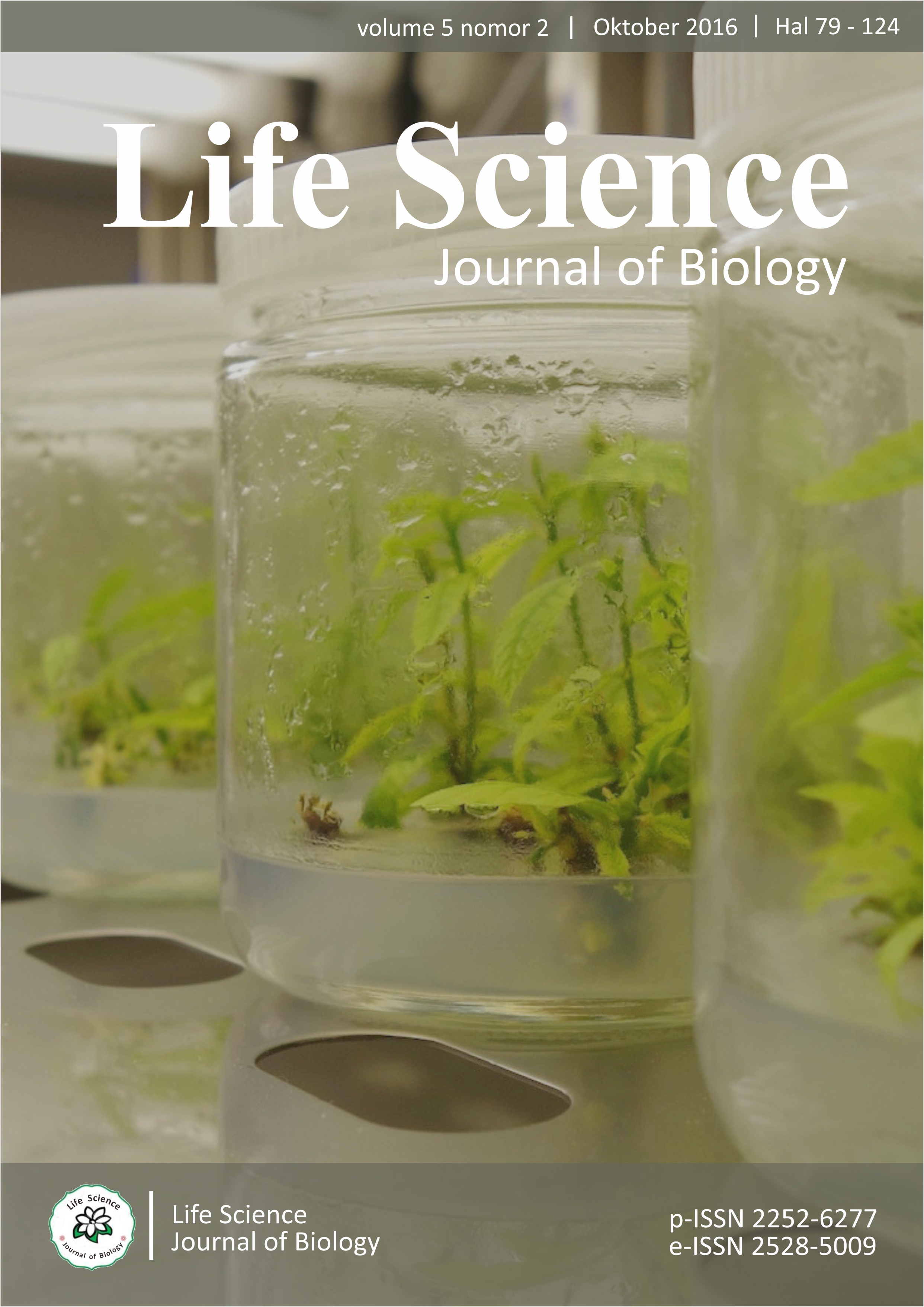Pengaruh Konsentrasi Antibakteri Propolis terhadap Pertumbuhan Bakteri Streptococcus pyogenes secara In Vitro
Main Article Content
Abstract
Propolis merupakan salah satu produk lebah madu yang memiliki banyak manfaat, salah satunya memiliki sifat sebagai antibakteri. Penelitian tentang antibakteri propolis sudah banyak dikembangkan baik di dalam negeri maupun luar negeri, namun belum ada penelitian antibakteri propolis terhadap bakteri Streptococcus pyogenes STR 10 yang bersifat Gram positif yaitu bakteri penyebab faringitis. Tujuan penelitian ini adalah menentukan pengaruh konsentrasi antibakteri propolis terhadap pertumbuhan bakteri S. pyogenes secara in vitro dan menentukan nilai Minimum Inhibitory Concentration (MIC). Propolis diencerkan sehingga didapatkan konsentrasi 100%, 50%, 25%, dan 12,5%. Uji antibakteri pada penelitian ini menggunakan metode difusi dengan empat kali ulangan. Hasil penelitian menunjukkan pemberian propolis 100%, 50%, 25% dan 12,5% mampu membentuk rata-rata diameter zona hambat berturut-turut yaitu 19,76 mm, 10,9 mm, 5,97 mm dan 3,3 mm. Simpulan dari penelitian ini adalah konsentrasi propolis secara in vitro berpengaruh terhadap pertumbuhan bakteri S. pyogenes. Semakin tinggi konsentrasi propolis maka semakin kuat daya hambat bakterinya. Propolis mempunyai sifat antibakteri karena mengandung senyawa flavonoid yang bekerja dengan mengganggu permeabilitas sel bakteri. Konsentrasi penghambatan minimum propolis untuk bakteri Streptococcus pyogenes adalah 12,5%.
Propolis is a natural product produced by honey bees that has many benefits, one of them is it has antibacterial properties. Research on antibacterial propolis has been developed both domestically and abroad, but there is still no research about antibacterial propolis against Gram-positive bacteria namely Streptococcus pyogenes, bacteria that cause pharyngitis. The purpose of this research was to determine the effect of antibacterial concentration of propolis on the growth of S. pyogenes bacteria by in vitro and to determine the Minimum Inhibitory Concentration (MIC). Liquid propolis sample was diluted using a dilution series to get propolis with a concentration of 100%, 50%, 25%, and 12.5% ​​for antibacterial testing against the bacteria S. pyogenes STR 10. Antibacterial test in this research was used diffusion method with four replication to determine MIC. The results showed that propolis treatment 100%, 50%, 25% and 12.5% ​ formed the ​average inhibition zone diameter 19.76 mm, 10.9 mm, 5.97 mm and 3.3 mm, respectively. The conclusion of this research is the concentration of propolis antibacterial affect the growth of S. pyogenes bacteria by in vitro. Higher concentration of propolis give the effect of stronger the inhibition of bacteria growth. Propolis has antibacterial properties due to their flavonoids contained which work by disrupting the bacterial cell permeability. The MIC of propolis for the S. pyogenes is 12.5%.


